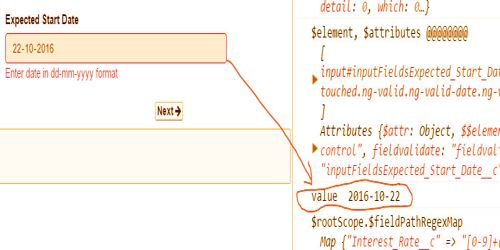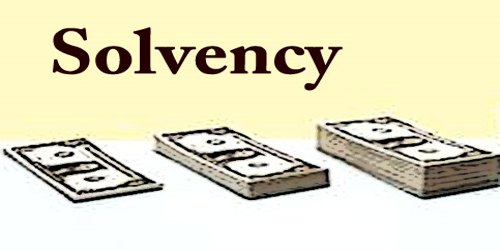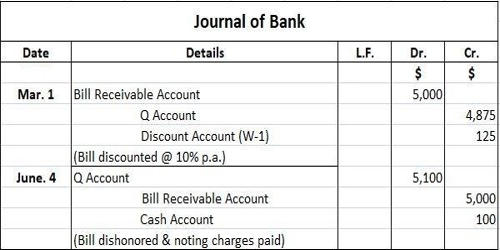In finance, the value date is a future date that is used to evaluate the present value of a commodity or price-fluctuating security. It refers to the date that a transaction happens or when the value of the assets or money takes effect. Typically, value dates are employed in determining the payment of monetary products and accounts where there’s an opening for discrepancies thanks to differences within the timing of valuations. It is often used to calculate the present value of the fluctuating price of a good. Such financial products may include forward currency contracts, choice contracts, and personal account interest payable or receivable.
In banking, value dates usually apply to the date that funds from deposited checks may be used by account holders. The value date may be called the “value” in forex markets, where it may also be used to define the value of one currency expressed in terms of its exchange rate with another. The value date is employed when there’s an opportunity for discrepancies because of differences within the timing of asset valuation. It always applies to forward currency contracts, options, and other derivatives, interest payable or receivable.

Example of Value Date
In different situations, such as in finance, trading, and accounting, the usage, and importance of value dates vary slightly. Even the date of value can mean:
- The date when the entry to an account is considered effective in accounting.
- Date of delivery of funds exchanged in the banking sector. For spot trades, it is the future date on which the exchange is settled. In the case of a spot foreign exchange trading, it typically takes two days after a deal has been decided.
- The tax payment date will be the same as the payment date for online banking and online retail payment gateways.
In banking, value dates visit the date when account holders can use funds from deposited checks that already more responsible for the bank’s clearing cycle. At the point when a wire move is produced using a record in one bank to another financial balance, the date of significant worth is the date on which the approaching wire opens up to the getting bank and its customer. The value date is a few days later than the booking date but it could be possible to bargain for an earlier period before the value date is reached for larger bank customers.
When there’s an opportunity for discrepancies because of differences within the timing of asset valuation, the worth date is employed. The value date is considered in Forex trading as the date of delivery on which counterparties to a transaction agree to resolve their respective obligations by making payments and transferring ownership. The value date is one of the key pieces of information used to measure accrued interest on a bond on the bond markets. Accrued interest calculation takes three important dates under consideration the trade date, settlement date, and value date.
The value date for spot trading in foreign currencies is typically set two days after the trade has been decided, due to variations in time zones and bank processing delays. The date of value is the day the currencies are exchanged and not the day the traders agree to the exchange rate. Although the settlement date can only fall on a business day, and the date of the month can fall on the value date. The value date can fall on any day as seen when calculating accrued interest, which takes into consideration daily of a given month.
In accounting, the date of value refers to the date on which an account takes effect. It is the date on which assets become available to the account owner when credit entries in the case of debit entries cease to be available to the account owner. It is also used when assessing coupon bonds that allow semi-annual interest payments. For example, within the case of savings bonds, the interest is compounded semi-annually; therefore the value date is every six months. This removes any uncertainty for investors since their calculations of interest payments are going to be identical because of the governments.
Information Sources:
















